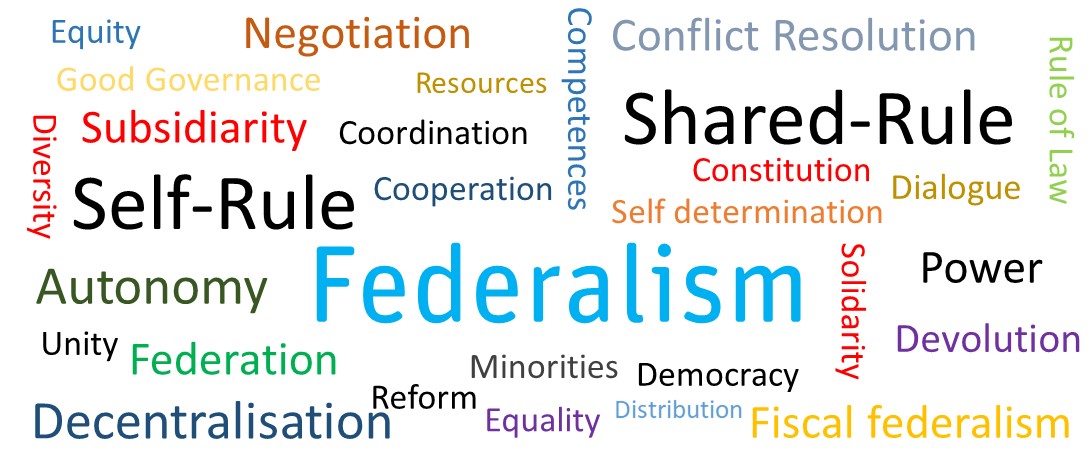Abstract
In this article I argue that federal scholars are well-advised to think of federalism as a continuum whereby subnational units can have more or less autonomy rather than allocating countries into federal and non-federal categories. The Regional Authority Index (RAI) measures the extent of self-rule and shared rule of regional government on an annual basis since 1950 and it reveals that regional autonomy arrangements in federal countries are more likely to be affected by reform than non-federal countries. In addition, self-rule appears to be the object of decentralization in non-federal countries whereas decentralization in federal countries has mostly affected shared rule. These are surprising results which come to the fore only when one escapes categorical thinking. The RAI also changes the way in which we think about the impacts of regional governance and thereby a whole new research agenda is being opened up.

